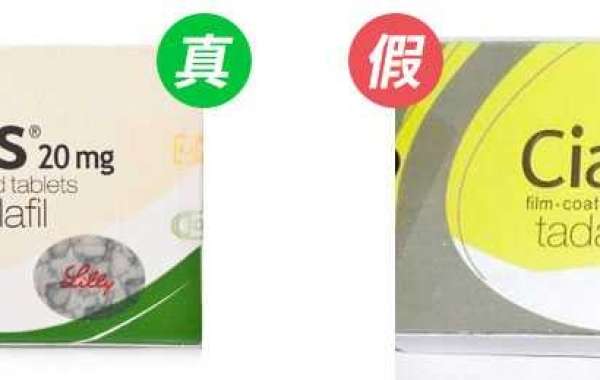Medical detox for addiction is a safe and necessary first step to recovery. Often, drug use causes chemical dependence that triggers withdrawal symptoms when the drug is stopped suddenly.
The length of detox varies depending on the person’s history and their drug usage patterns. Many facilities also screen patients for co-occurring mental health disorders, skin conditions, tuberculosis and nutritional deficiencies.
Inpatient
Inpatient medical detox is the first step in addiction treatment. This process lasts from 3-10 days and involves prescription drugs like Naltrexone or Vivitrol, which block opioid and pleasure receptors in the brain. This decreases cravings and helps you avoid relapse. You may also be prescribed medications to treat any underlying conditions, such as anxiety or depression.
During inpatient medical detox, you will live onsite at a hospital or acute care center and receive 24-hour monitoring from your treatment team. A thorough evaluation is conducted to assess your history of drug or alcohol use, underlying mental health conditions, home environment and more. This allows a team of professionals to determine the best setting for your detox. Once you’re stabilized, you will transition into an addiction treatment program.
Outpatient
People suffering from drug addiction are often hesitant to enter treatment because of the side effects of withdrawal. The best way to overcome this is through a medically-supervised detox program. There are many different detox programs available, including inpatient and outpatient detox. It’s important to explore all your options before making a decision.
Outpatient detox is a great option for people who live in supportive home environments. These programs offer supervised care from medical professionals while you’re at home during the day. They may also include individual or group counseling sessions.
The type of detox that you need will depend on your withdrawal symptoms and relapse history. If you have a history of severe withdrawal symptoms, it is usually recommended to undergo inpatient detox.
Co-occurring disorders
Many people who use drugs have co-occurring medical conditions that must be considered during the detox process. This includes things like liver dysfunction, HIV/AIDS, and other communicable diseases. If left unchecked, these conditions can be fatal if not treated during detox.
Mental health disorders also put people at higher risk for developing drug addictions. In fact, many people with mental health problems turn to drug abuse as a way to self-medicate their symptoms. This combination of addiction and a psychiatric disorder is known as co-occurring disorders.
While it is possible for people with a comorbid disorder to go through detox on their own, it’s best to have the detox process done under medical supervision. During a medical detox, doctors can monitor blood pressure and other vital signs of health, as well as prescribe medication to manage withdrawal symptoms.
Medications
A medication-assisted treatment (MAT) approach can help people struggling with opioid use disorder during the medical detox process. Medications like buprenorphine or methadone can ease cravings for opioids and decrease withdrawal symptoms. Medications like clonidine and alpha-adrenergic agonists can be used to control hypertension during opioid withdrawal.
During evaluation, a person will undergo a physical exam, take blood tests and complete an extensive review of their drug use and medical history. This will help the physician determine what medications are needed for a safe and comfortable detox.
The doctor may also prescribe alcohol addiction drugs like acamprosate to decrease relapse risk. This medication works by blocking a patient’s brain from excitatory signaling that causes excessive drinking. Disulfiram is another prescribed alcohol addiction drug that turns off the enzyme that metabolizes ethanol to prevent drinking.
Treatment options
Generally, insurance providers cover detox services as long as they are considered medically necessary. However, coverage varies widely by provider and plan, so it’s important to verify your insurance coverage before you enroll in detox.
Many inpatient treatment programs offer a high level of care in a residential setting. These programs usually include drug addiction therapy. You can also find luxury treatment programs that feature amenities like massage, horseback riding, and gourmet meals.
Some inpatient programs use alternative and complementary therapies to help you through withdrawal. Others focus on holistic treatments, including meditation and yoga. Some even offer family-focused programs that help family members understand addiction and recovery. In addition, many inpatient programs have special options for working professionals who want to continue their careers while receiving treatment.







